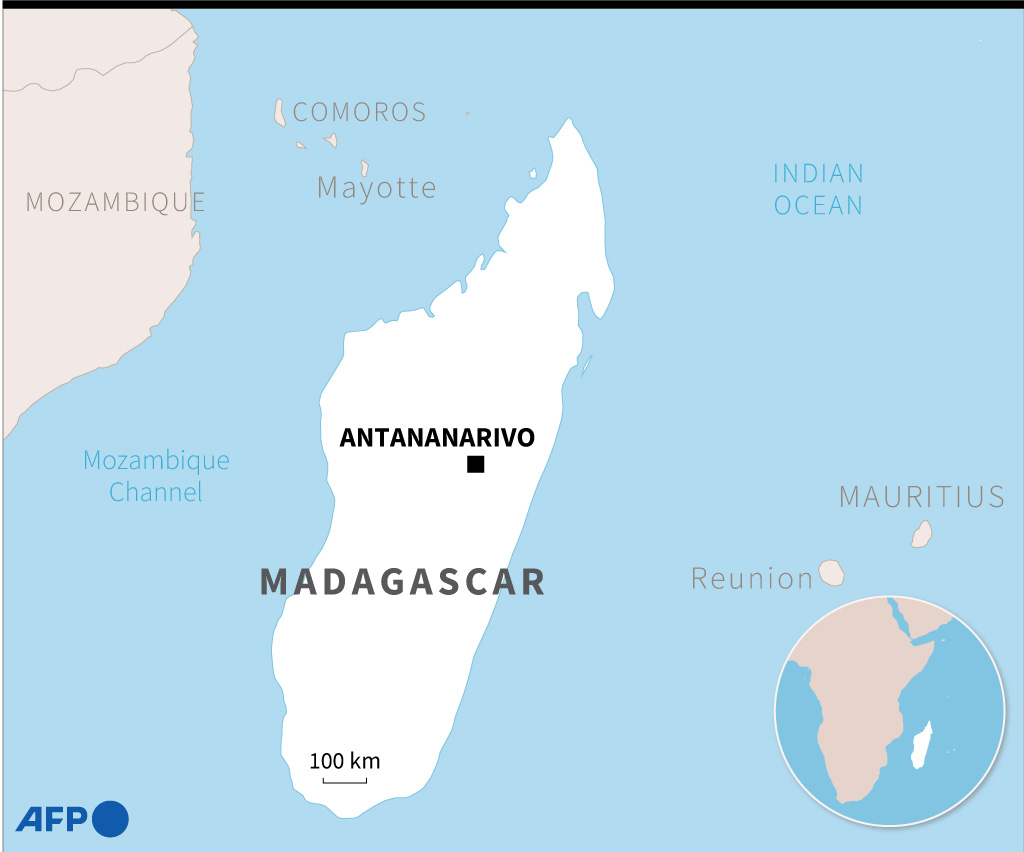Madagascar, where the military said it seized power from impeached President Andry Rajoelina on Tuesday, has a recent history marked by deadly unrest.The Indian Ocean island is one of the world’s poorest countries despite natural resources in farming, forestry, fishing and minerals.Over the decades, sociopolitical upheaval there has been often deadly for citizens and occasionally fatal to the ruling power.- 1947 -A nationalist insurrection is repressed by French colonial forces, causing tens of thousands of deaths over more than a year.- 1960 -Madagascar achieves independence from France as a republic under the island’s first president, Philibert Tsiranana.- 1972 -The government collapses following a violently repressed student uprising in Antananarivo province. Tsiranana is forced to cede power to the military.- 1975 -Tsiranana is succeeded by Didier Ratsiraka, whose leadership is marked by protests and crackdowns over the following years.- 1991 -A new wave of popular discontent erupts. Ratsiraka eventually leaves office but is re-elected in 1996.- 2001 -Months of protests and armed clashes erupt between factions for Ratsiraka and his rival, millionaire Marc Ravalomanana, after a disputed election.Ravalomanana is eventually declared the winner and succeeds his opponent in 2002. He is re-elected in 2006.- 2009 -Andry Rajoelina, then mayor of Antananarivo and an opponent of the government, gathers 20,000 supporters in the capital for protests, marred by violence. The military hands power to Rajoelina.- 2018 -Opposition supporters occupy Antananarivo, denouncing new electoral laws and demanding the resignation of the president, whom they accuse of authoritarian tendencies.The crisis ends with the appointment of a national unity government.- 2023 -Protests multiply in the lead-up to a presidential election, over reports that Rajoelina had obtained French citizenship. Attempts to invalidate his candidacy are dismissed.The crisis escalates and a curfew is imposed in the capital on the eve of the first round of voting, which the opposition boycotts.On December 16, Rajoelina is reappointed president.- 2025 -Street protests erupt in September and October over power and water shortages, growing into wider calls for Rajoelina and other government ministers to step down.The president sacks his government and appoints a general as prime minister, but protesters persist and win the support of the elite military unit CAPSAT.Rajoelina, in hiding, alleges an illegal power-grab.The National Assembly impeaches Rajoelina. CAPSAT announces it is taking power and promises to set up a civilian government.
